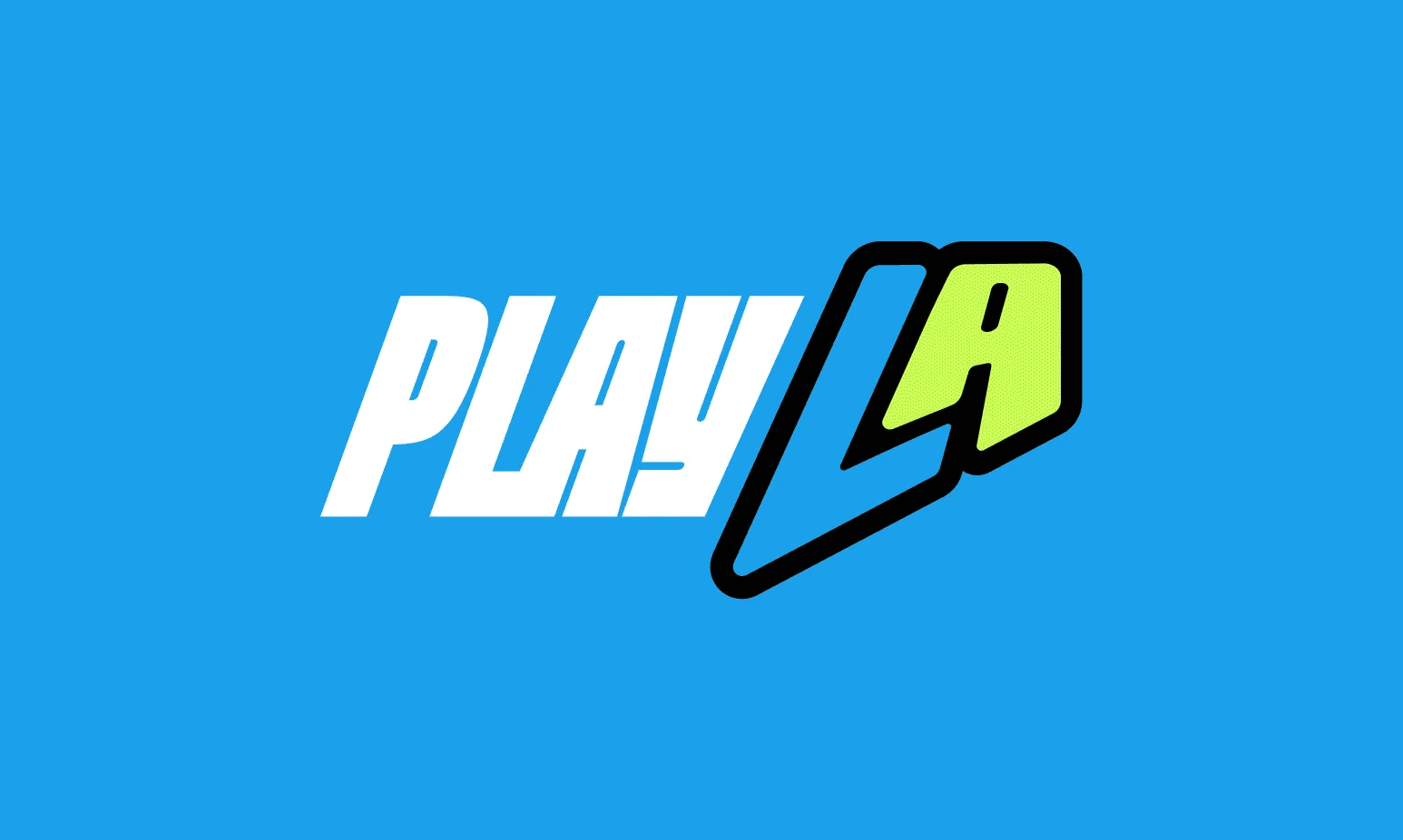❮ Services
Brand Messaging Strategy
Brand Messaging Strategy
Build clarity, consistency, and connection through every story your organization tells.
Your mission is only as powerful as the words you use to express it — and how consistently those words are shared across every channel. A brand messaging strategy helps your organization communicate with clarity and purpose, aligning your internal vision with the external story your audiences hear. The result: messaging that inspires trust, strengthens relationships, and amplifies impact.
What I Help Define
Core messaging framework grounded in your mission, vision, and values
Value propositions for donors, partners, volunteers, and program participants
Key messages by initiative, program, or audience segment
Taglines, headlines, and positioning statements that capture your purpose
Tone of voice and language guidelines to ensure consistency across all channels
Messaging hierarchy and proof points that connect heart with credibility
Guidelines for adaptation across digital, print, and community communications
What it looks like:
Discovery & Insight We begin by uncovering the ideas, language, and values that resonate most with your audiences — from community members to funders to staff.
Message Architecture I build a hierarchy that starts with your core promise, then expands into the supporting messages, stories, and calls to action that drive engagement and support.
Voice & Tone Development Together, we define how your organization should sound — warm, human, and clear — while adapting tone for different contexts such as donor appeals, reports, or social media.
Practical Application You’ll receive a messaging guide with real-world examples that your team can apply immediately across campaigns, fundraising materials, outreach, and internal communications.
Why It Matters
In the nonprofit world, every message is an opportunity to build trust and connection.
When your story feels inconsistent or fragmented, audiences lose clarity.
A strong messaging strategy ensures your mission is communicated with unity, emotion, and purpose — helping supporters understand not only what you do, but why it matters.
FAQ’s
Q1: What is a messaging strategy?
A messaging strategy is a framework that defines how your organization communicates — from your core mission statements and value propositions to tone, style, and storytelling approach.
Q2: Why does my nonprofit need one?
It ensures all communication — from fundraising to community outreach — feels consistent, authentic, and aligned with your mission and values.
Q3: How long does it take to create?
Most projects take 3–5 weeks, depending on the number of programs, audiences, and stakeholder involvement.
Q4: What’s included?
A comprehensive messaging framework, audience-specific messages, tone of voice guidelines, key phrases, and applied examples for campaigns and internal use.
Q5: Can you align messaging for multiple audiences?
Yes. I create tailored messaging for donors, funders, partners, and communities — all connected by one cohesive brand story.








